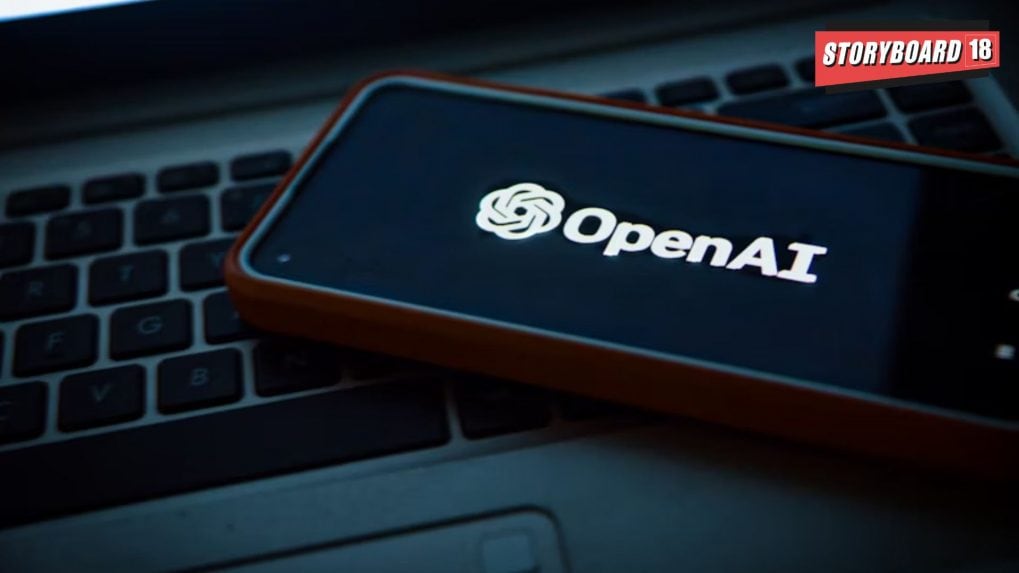Agency News
'Why buy a network that even Dentsu couldn’t fix?': Inside the gamble of Dentsu's international arm sale

The Delhi High Court on Friday heard a pivotal intervention application filed by the Indian Governance and Policy Project (IGAP), a think tank focused on public policy, governance, and technology law. The intervention pertains to the high-profile intellectual property dispute between ANI Media Pvt. Ltd. and OpenAI Inc., revolving around the alleged unauthorized use of copyrighted news articles to train large language models (LLMs) such as ChatGPT.
The intervention application was filed under Rule 25 of the Delhi High Court Intellectual Property Rights Division Rules, 2022, alongside Order I Rule 8A and Section 151 of the Code of Civil Procedure, 1908. IGAP seeks leave to assist the Court in adjudicating the multifaceted legal and policy questions raised by the case, positioning its role as vital for providing a balanced and nuanced perspective that considers technological innovation and public interest in India.
The underlying case was initiated by ANI Media, which alleges that OpenAI and a co-defendant have illegally stored its copyrighted news articles to train ChatGPT, infringing ANI’s intellectual property rights. The Delhi High Court earlier identified four core issues requiring in-depth examination and appointed two amici curiae to assist in the proceedings.
Senior Counsel Akhil Sibal, representing IGAP, argued on Friday, “We are not contesting on the output by AI... we are raising concerns on the way they are trained on the input side.” Sibal emphasized that the issue is not about the AI-generated content but about the methodology and legality of using copyrighted material during model training.
IGAP’s submissions stressed that training LLMs should be viewed as “research,” “private use,” and “review,” as per Section 52(1)(a) of the Copyright Act, which protects such acts from being considered infringement if they meet the fairness criterion. The intervenor further argued that the exclusive rights granted by Sections 13 and 14 of the Copyright Act are “subject to” Section 52, which confers independent rights for fair dealing.
Challenging ANI’s assertions that OpenAI’s actions were commercial or unauthorized, the intervention clarified that “there is no legislative restriction in Section 52(1)(a) regarding commercial use.” It further explained that LLM training involves tokenizing data into machine-readable formats to learn statistical patterns, and does not store verbatim copies of ANI’s articles. The data used remains private and inaccessible to the public.
Citing landmark judgments, including Eastern Book Company v. D.B. Modak and CCH Canadian Ltd. v. Law Society of Canada, IGAP urged for a broad and liberal interpretation of “research” and “private use.” The intervention noted that restricting these terms would contradict legislative intent and disregard technological realities.
The intervenor highlighted that courts globally, particularly in the U.S., have recognized such training as transformative use that neither substitutes the original content nor harms the market for the original works.
IGAP further flagged economic and policy concerns, referencing reports by NITI Aayog and Ernst & Young. It pointed out that adverse rulings against AI training practices “would severely hinder India’s ambitions in AI, threaten indigenous technology development, and slow economic growth.” The intervention noted that AI is projected to contribute up to $15.7 trillion globally by 2030 and that India’s unique public-private partnerships and vernacular AI projects are at risk.
“Given the diverse stakeholder interests at play here, we suggest that a sound approach to resolving the many complex and untested questions that arise in this case may be to defer this balancing act of competing interests to Parliament and to take a circumspect approach in construing the rights conferred under the Copyright Act which never intended to take into account the full spectrum of interests which are impacted by the technological advancements at issue in this case,” IGAP stated.
The petition emphasizes the importance of judicial caution, balancing copyright owners' rights with technological progress and the general public’s welfare. It warns that restricting the use of copyrighted materials for AI training without comprehensive policy deliberation could stall India’s technological progress and hinder its global competitiveness in the AI domain.
Additionally, IGAP stressed the need to resolve the jurisdictional challenge posed by foreign defendants whose servers are outside India. It argued that clarifying the law is crucial for Indian firms aiming to develop their own LLMs and invest in domestic data infrastructure, potentially driving job creation and technological sovereignty.
Distinct from other intervenors such as copyright industry bodies, IGAP focused solely on providing a policy-oriented, academic perspective, rather than siding entirely with copyright owners.
The matter will heard again on 23 September with Sibal to continue with his submissions.
Separately, the Digital News Publishers Association (DNPA), representing leading Indian media houses, had accused OpenAI of serious misconduct in an earlier petition. DNPA claimed that OpenAI engaged in “large-scale, unauthorized, and illegal” copying of copyrighted news content to train ChatGPT. OpenAI, in its defense, denied the allegations, stating that its datasets are built from publicly available information under fair-use principles and that removal of training data could contravene U.S. legal obligations.
Today’s B2B marketers wear many hats: strategist, technologist, and storyteller.
Read MoreThe Online Gaming Bill 2025 imposes severe penalties, allows warrantless search and seizure, and empowers a central authority to regulate the digital gaming ecosystem. It is expected to disrupt platforms, payment systems, and advertising in the sector. Here's all you need to know about the bill.